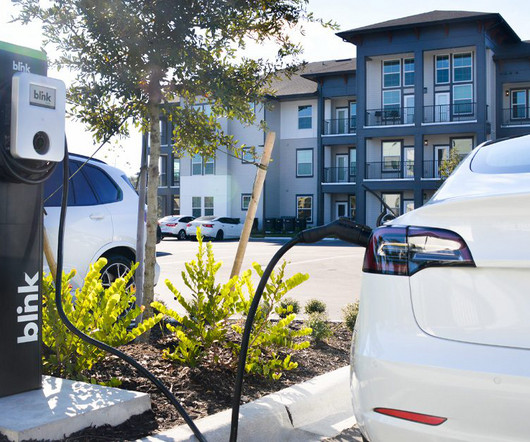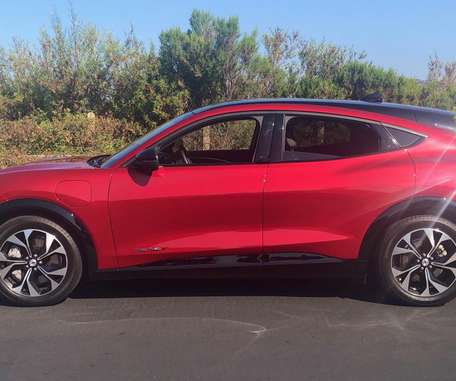DOE announces $139M in funding for 55 projects to advance innovative vehicle technologies
Green Car Congress
JULY 17, 2020
Structurally and Electrochemically Stabilized Silicon-rich Anodes for Electric Vehicle (EV) Applications. Rationally Designed Lithium Ion Batteries Towards Displacing Internal Combustion Engines. AOI 02: Low Cost Electric Traction Drive Systems Using No Heavy Rare Earth Materials. Enovix Corporation. Group14 Technologies Inc.












Let's personalize your content